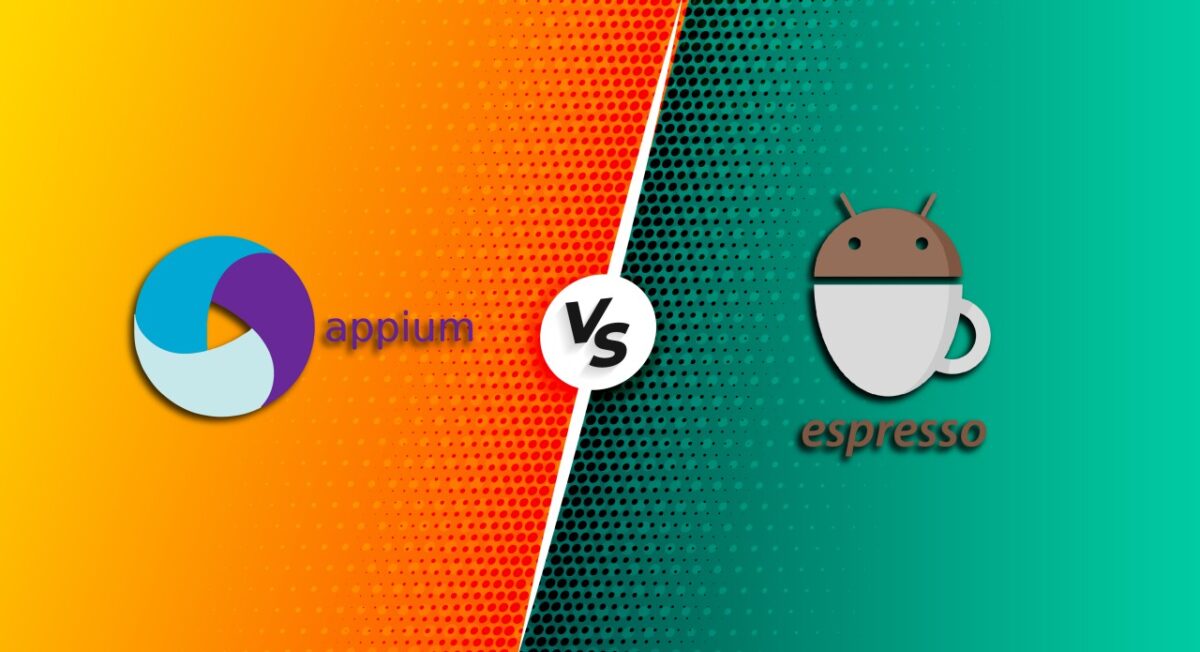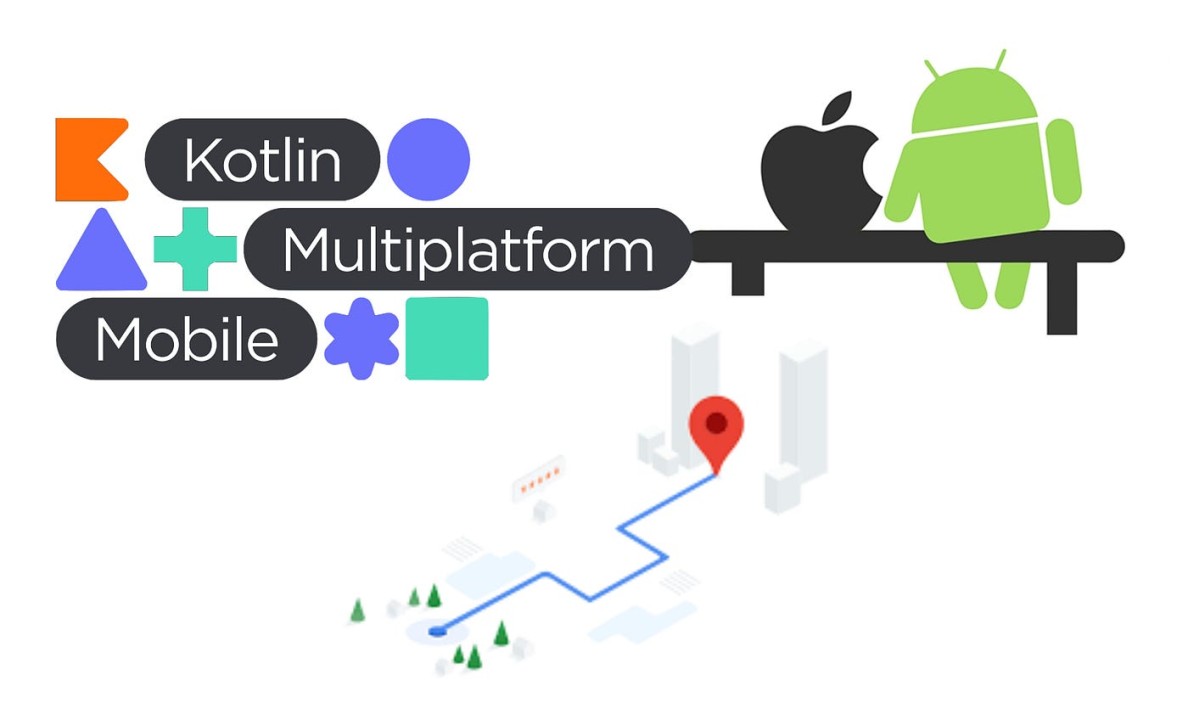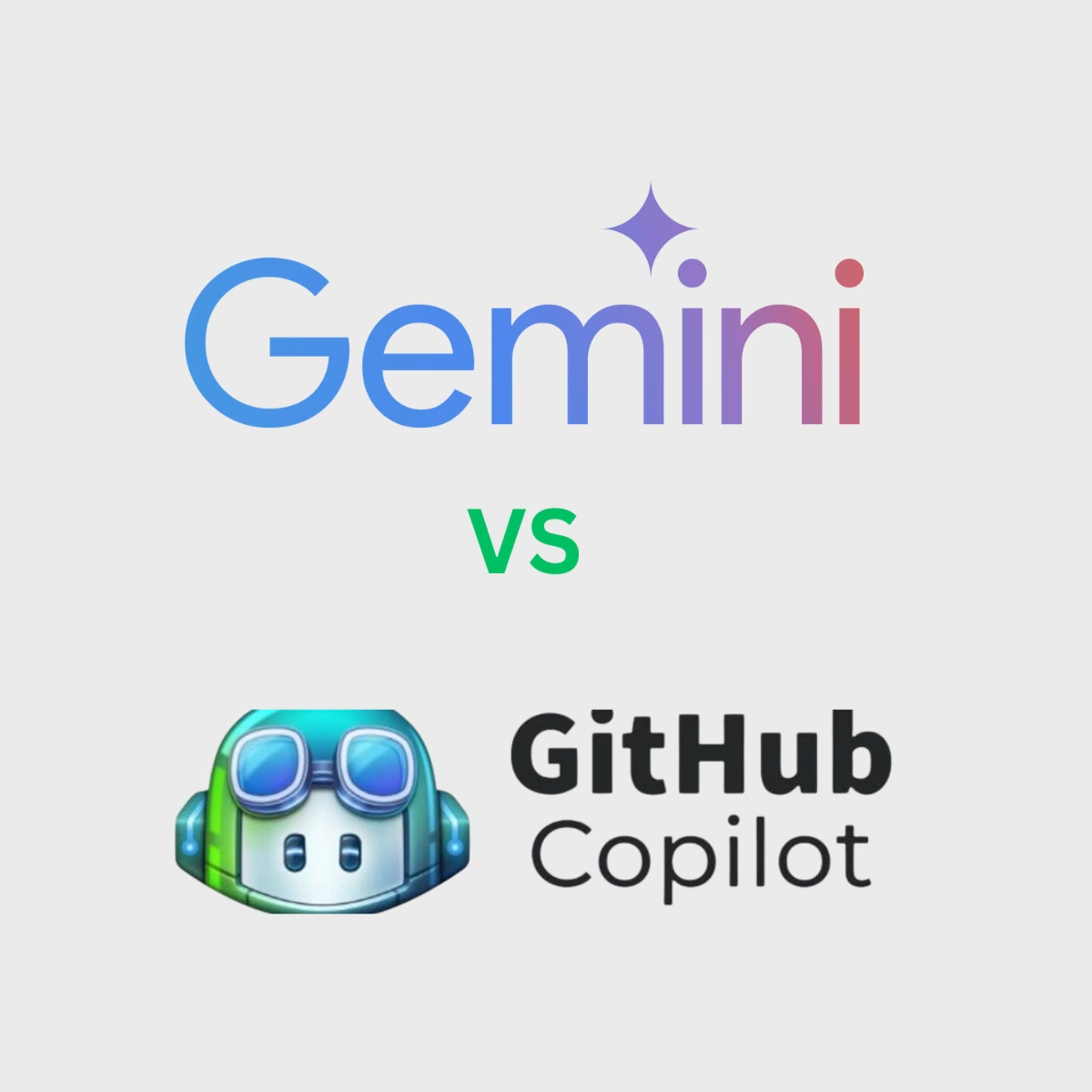Mobile testing is a crucial part of the development process, ensuring that apps function smoothly across various devices and environments. Two of the most popular frameworks for automating mobile tests are Espresso and Appium. While both have their strengths, they serve different purposes and cater to different needs. In this article, we’ll compare Espresso and Appium, explore their use cases, and help you decide which framework is best for your project.
Espresso: Native Android Testing
Espresso is Google’s official testing framework for native Android apps. It’s part of the Android Testing Support Library and is widely used for writing concise, reliable UI tests for Android. Espresso interacts directly with the app’s UI components, ensuring fast and stable tests. Here’s why developers choose Espresso:
- Native Android Support: Optimized for Android apps, making it perfect for apps that don’t need cross-platform testing.
- Fast Execution: Espresso runs tests directly on the Android device, making the test execution faster and more stable.
- Integration with Android Studio: Seamless integration with Android development tools allows for an efficient workflow.
Here’s an example of a simple Espresso test for a login screen:
import androidx.test.espresso.Espresso.onView
import androidx.test.espresso.action.ViewActions.click
import androidx.test.espresso.action.ViewActions.typeText
import androidx.test.espresso.matcher.ViewMatchers.withId
import androidx.test.ext.junit.runners.AndroidJUnit4
import org.junit.Rule
import org.junit.Test
import org.junit.runner.RunWith
@RunWith(AndroidJUnit4::class)
class LoginTest {
@Test
fun testLoginButton() {
onView(withId(R.id.username)).perform(typeText("user123"))
onView(withId(R.id.password)).perform(typeText("password"))
onView(withId(R.id.loginButton)).perform(click())
}
}
Espresso is ideal for teams focused exclusively on Android apps and those who need fast and reliable test execution without the need for complex configurations.
Appium: Cross-Platform Testing
Appium is an open-source testing framework that supports both iOS and Android apps. Unlike Espresso, which is Android-specific, Appium is platform-agnostic, making it a powerful tool for teams developing cross-platform apps. Here are some key benefits of using Appium:
- Cross-Platform Support: Test iOS, Android, and hybrid apps using the same codebase.
- Language Flexibility: Write tests in any programming language that supports WebDriver, such as Java, Python, or JavaScript.
- Open-Source: As an open-source tool, Appium has a large community and extensive resources for troubleshooting and improvements.
Here’s an example of a simple Appium test for the same login functionality:
import io.appium.java_client.MobileElement
import io.appium.java_client.android.AndroidDriver
import org.openqa.selenium.remote.DesiredCapabilities
import org.testng.annotations.BeforeClass
import org.testng.annotations.Test
import java.net.URL
class AppiumLoginTest {
private lateinit var driver: AndroidDriver<MobileElement>
@BeforeClass
fun setup() {
val capabilities = DesiredCapabilities()
capabilities.setCapability("platformName", "Android")
capabilities.setCapability("deviceName", "emulator")
capabilities.setCapability("app", "/path/to/app.apk")
driver = AndroidDriver(URL("http://localhost:4723/wd/hub"), capabilities)
}
@Test
fun testLoginButton() {
driver.findElementById("com.example:id/username").sendKeys("user123")
driver.findElementById("com.example:id/password").sendKeys("password")
driver.findElementById("com.example:id/loginButton").click()
}
}
Appium is ideal for teams that need to test both iOS and Android apps or those developing hybrid apps. The framework’s flexibility in programming languages and cross-platform capabilities makes it a powerful choice for larger teams with diverse requirements.
Choosing the Right Framework: Espresso or Appium?
When deciding between Espresso and Appium, it’s essential to consider the specific needs of your project. Here’s a quick breakdown to help you choose:
- Use Espresso if you are focused solely on Android development and need fast, stable, and reliable test execution.
- Use Appium if you need cross-platform support or are working on a project that involves both iOS and Android. Appium’s flexibility and broad device support make it the go-to framework for cross-platform testing.
Additionally, both frameworks can be integrated into Continuous Integration (CI) pipelines, such as Jenkins or GitHub Actions, making them suitable for modern DevOps practices. Here’s an example of a simple CI configuration for running Espresso tests in a GitHub Actions pipeline:
name: Android CI
on:
push:
branches:
- main
jobs:
build:
runs-on: ubuntu-latest
steps:
- name: Checkout code
uses: actions/checkout@v2
- name: Set up JDK 11
uses: actions/setup-java@v1
with:
java-version: 11
- name: Run Espresso tests
run: ./gradlew connectedAndroidTest
With this setup, you can automate your tests for Android apps, ensuring that each code change is verified by a suite of UI tests.
Conclusion: Which Testing Framework is Right for You?
Both Espresso and Appium are powerful mobile testing frameworks, each suited for different needs. If you’re developing exclusively for Android and need quick, native testing, Espresso is a perfect choice. However, if your project spans both Android and iOS, or if you need a versatile, cross-platform solution, Appium offers the flexibility and support to manage complex test scenarios. By understanding the strengths of each tool, you can optimize your testing strategy and ensure your app performs flawlessly across devices and platforms.
Source: Appium Official Website, Espresso Documentation
Did you like this article?
You can subscribe to my newsletter below and get updates about my new articles.






